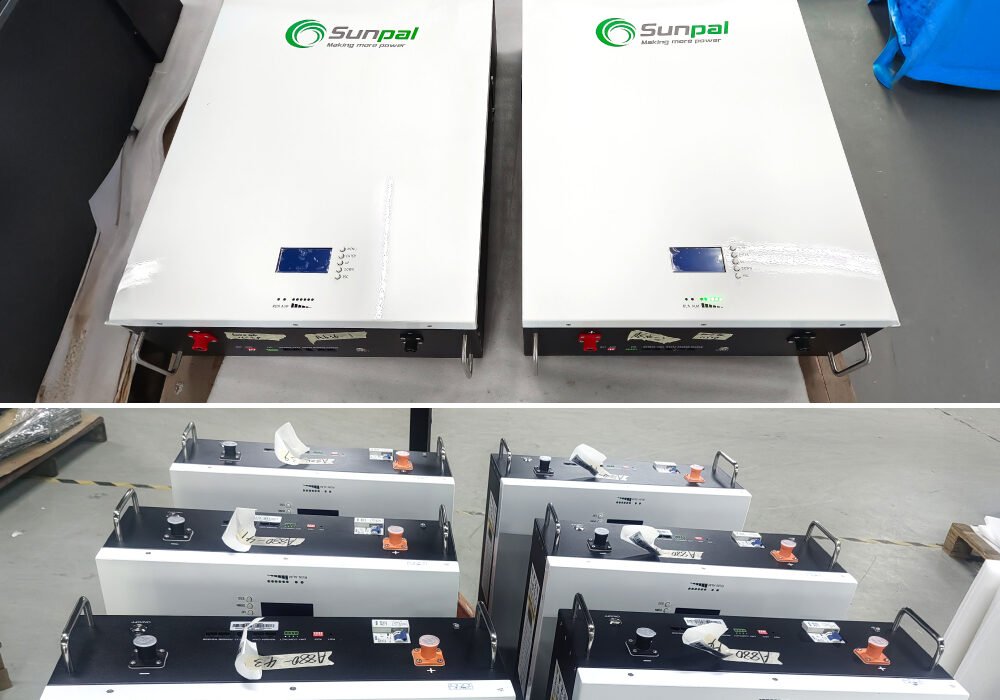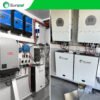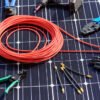Solar Energy for Homes in Kenya
The Ultimate Guide to Solar Energy for Homes in Kenya.
Costs, Savings, and How to Choose the Right System
Why Kenyan Homes Are Switching to Solar.
Kenya enjoys 4–6 hours of strong sunlight daily. This makes solar power the perfect solution for rising electricity bills (Ksh 30–40 per kWh) and frequent blackouts. More homeowners are now investing in solar to achieve.
✅ Energy independence. No more power outages.
✅ Lower electricity costs. Save 50–70% on bills.
✅ Government incentives. VAT-free solar equipment.
✅ Clean, renewable energy. Reduce carbon footprint.
Solar Systems for Kenyan Homes: Types & Costs (2025).
1. Basic Solar System (500W – 1kW).
- Best for. Small homes, lights, phone charging, TV.
- Components.
- 2–4 solar panels (300W each).
- 1kW inverter.
- 1–2 lithium batteries (for backup).
- Price. Ksh 150,000 – 350,000.
2. Medium Solar System (2kW – 3kW).
- Best for. 2–3 bedroom homes (fridge, TV, water pump).
- Components.
- 6–8 solar panels.
- 3kW hybrid inverter.
- 2–3 lithium batteries.
- Price. Ksh 600,000 – 1,200,000.
3. Large Solar System (5kW – 10kW).
- Best for. Big homes with AC, washing machines, water heaters.
- Components.
- 12–20 solar panels.
- 5kW–10kW hybrid inverter.
- 4–6 lithium batteries.
- Price. Ksh 1,500,000 – 3,000,000.
How Home Solar Systems Work in Kenya.
Key Components.
✔ Solar Panels. Monocrystalline – most efficient.
✔ Inverter. Converts solar energy to usable power.
✔ Batteries. Store energy for night/blackouts.
✔ Charge Controller. MPPT – maximizes efficiency.
3 Types of Solar Systems for Homes.
- On-Grid Solar. Cheapest, no batteries (shuts off during blackouts).
- Off-Grid Solar. Full independence with batteries (best for rural areas).
- Hybrid Solar. Best of both (grid + battery backup).
Real Solar Output vs. Rated Power.
Solar panels never produce 100% of their rated power. This is due to.
- Heat loss. Output drops in high temperatures.
- Dust & shading. Reduces efficiency by 5–15%.
- Inverter & battery losses. 10–20% energy loss.
Example: 3kW System in Nairobi.
- Theoretical Daily Output.
3kW × 5 sun hours = 15kWh. - After 20% Losses.
15kWh × 0.80 = **12kWh usable/day**.
(Enough for fridge, TV, lights, and water pump).
Solar Savings: Is It Worth It?.
5kW System Over 25 Years.
- Installation Cost. Ksh 1,800,000.
- Battery Replacement (After 10 Years). Ksh 700,000.
- Total Cost. Ksh 2,500,000.
- Total Energy Produced. 171,000 kWh.
- Cost per kWh. Ksh 14.62 (vs. KPLC’s Ksh 30–40/kWh).
Pays for itself in 5–7 years!.
Best Solar Batteries for Kenyan Homes.
| Battery Type | Lifespan | Price (KES) | Best For |
|---|---|---|---|
| Lead-Acid | 3–5 years | Ksh 40,000 – 80,000 | Budget systems. |
| Lithium-Ion | 8–12 years | Ksh 200,000 – 500,000 | Long-term savings. |
Recommendation. Lithium batteries last longer and perform better.
How to Choose a Solar Installer.
✔ Check certifications (KNEC, NITA approved).
✔ Read reviews (Google, Facebook testimonials).
✔ Compare warranties (5+ years on panels, 2+ on batteries).
✔ Get 3+ quotes before deciding.
At Riisun Solar Energy, we offer solar energy systems supply and installation.
📍 Nairobi, Mombasa, Kisumu, Nakuru & Countrywide.
📧 support@riisunsolarenergy.co.ke.
📞 0791-303-866.
🌐 www.riisunsolarenergy.co.ke.
Final Verdict: Solar is the Best Investment for Kenyan Homes.
With unstable grid power and rising electricity costs, solar energy provides reliable, affordable power for decades.



